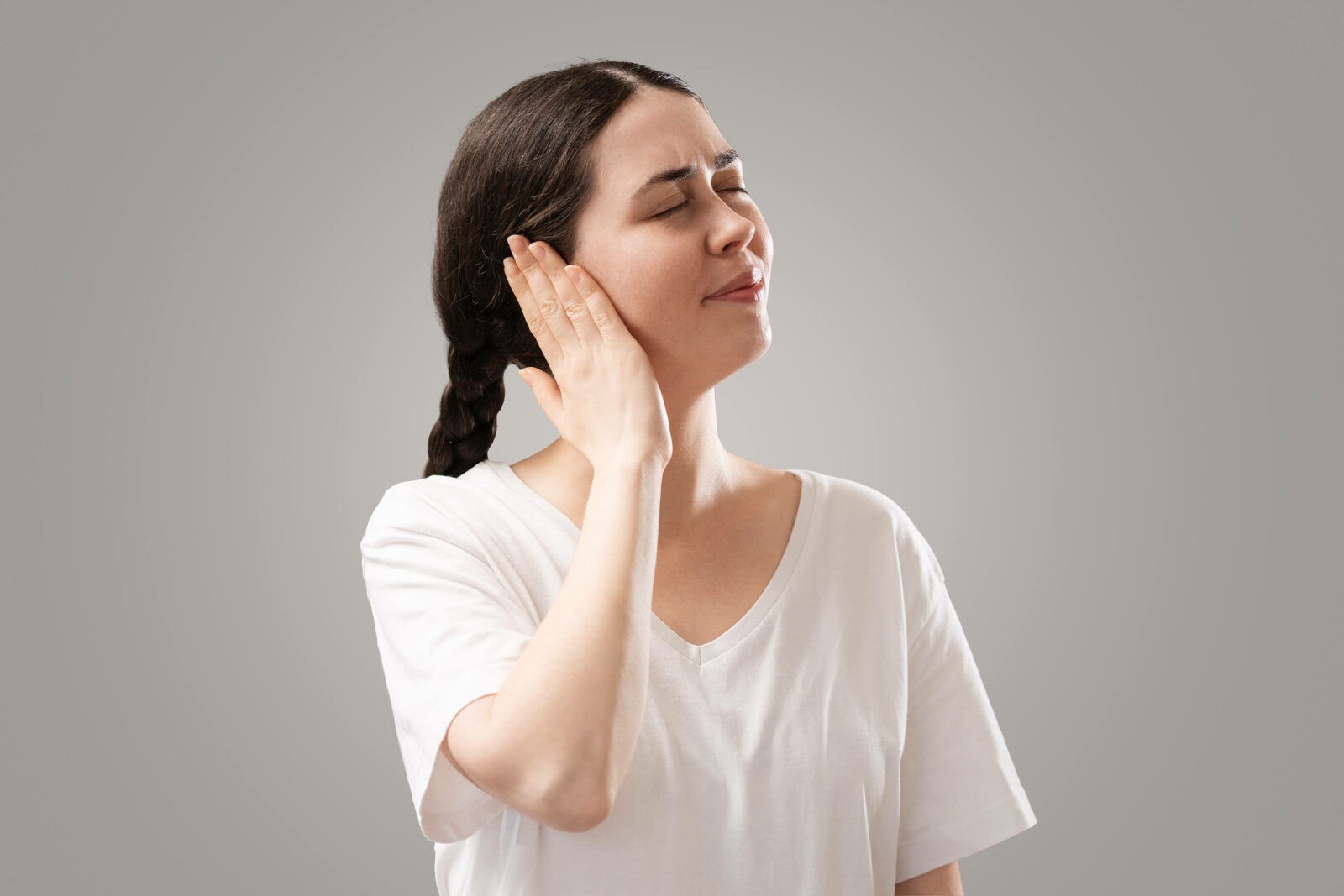Pain killers, also known as analgesics, have become a common part of modern healthcare for managing pain effectively. While these medications offer relief from various ailments, recent studies have raised concerns about their potential correlation with hearing loss. In today’s discussion, we aim to explore the connection between painkillers and hearing impairment, with a specific focus on women. We will delve into the research findings, factors contributing to the association, and potential strategies to mitigate risks.
Understanding the Link Between Painkillers and Hearing Loss
Emerging research has indicated that long-term use of certain painkillers can be associated with hearing loss. Studies have primarily focused on nonsteroidal anti-inflammatory drugs (NSAIDs) and analgesics containing acetaminophen. These medications are widely used to alleviate pain, inflammation, and fever and are available over-the-counter, making them easily accessible to many.
Research Findings: Correlation between PainKillers and Hearing Loss
Multiple studies have shown an association between the prolonged use of NSAIDs and acetaminophen and an increased risk of hearing impairment. The exact mechanisms behind this correlation are not yet fully understood. However, researchers speculate that the drugs may affect the inner ear’s blood flow or disrupt certain enzymes that are crucial for maintaining hearing function.
A study conducted by the Harvard-affiliated Brigham and Women’s Hospital analyzed data from over 55,000 women and found that women who regularly took NSAIDs for six or more years had a 10% higher risk of hearing loss than non-users. Another study published in the American Journal of Epidemiology reported a similar association between acetaminophen use and hearing impairment in women.
It’s important to note that these studies establish a correlation but do not necessarily prove causation. Further research is needed to establish a definitive link between painkillers and hearing loss.
Gender Differences in Hearing Loss and Pain Killer Use
Hearing loss affects both men and women, but research suggests that women may be more susceptible to the potential hearing-damaging effects of painkillers. Several factors contribute to this gender-specific difference:
- Hormonal Factors: Hormonal differences between men and women may play a role. Estrogen, for example, has been shown to have protective effects on the auditory system, and fluctuations in estrogen levels during the menstrual cycle or menopause could impact hearing health.
- Body Weight and Metabolism: Women generally have lower body weight than men, and the dosage of painkillers is often prescribed based on body weight. This could lead to a higher concentration of the medication in the bloodstream, potentially intensifying any negative effects.
- Pain Sensitivity and Usage Patterns: Women may be more likely to experience chronic pain conditions and could, therefore, use painkillers more frequently or for extended periods.
Mitigating Risks and Promoting Hearing Health
While research continues to investigate the relationship between painkillers and hearing loss, it is essential for healthcare providers and patients to remain vigilant. Here are some practical strategies to help mitigate potential risks and promote hearing health:
- Responsible Pain Killer Use: When using pain killers, both men and women should follow prescribed doses and duration, avoiding long-term, excessive use unless medically necessary.
- Consult with Healthcare Professionals: If you suffer from chronic pain, consult with your healthcare provider to explore alternative pain management strategies that may have less potential impact on hearing health.
- Regular Hearing Check-ups: Periodic hearing assessments are vital, especially for those who use painkillers regularly or have a history of chronic pain. Early detection of hearing loss can lead to timely interventions.
- Lifestyle Changes: Adopting a healthy lifestyle can contribute to overall well-being, including hearing health. This includes regular exercise, a balanced diet, and managing stress.
- Raise Awareness: Healthcare providers and the medical community should actively raise awareness about the potential risks associated with long-term painkiller use and the importance of regular hearing assessments.
Final Thoughts
The correlation between painkillers and hearing loss, especially in women, is an important area of research that warrants attention. While existing studies indicate an association between the two, more research is needed to fully understand the underlying mechanisms. In the meantime, healthcare professionals and patients must remain cautious and employ responsible pain management strategies. Early detection and intervention are key to preserving hearing health, and a proactive approach can lead to improved quality of life for both men and women.
Understanding the potential risks allows us to make informed decisions and implement appropriate measures to protect our hearing while managing pain effectively. By fostering ongoing research and promoting hearing health awareness, we can work towards a future where pain relief and overall well-being can be achieved without compromising one’s ability to hear.
If you have any questions about this topic or anything else related to your hearing health, please feel free to contact us. Our friendly staff of hearing health professionals are ready to assist you with all your hearing related needs.

